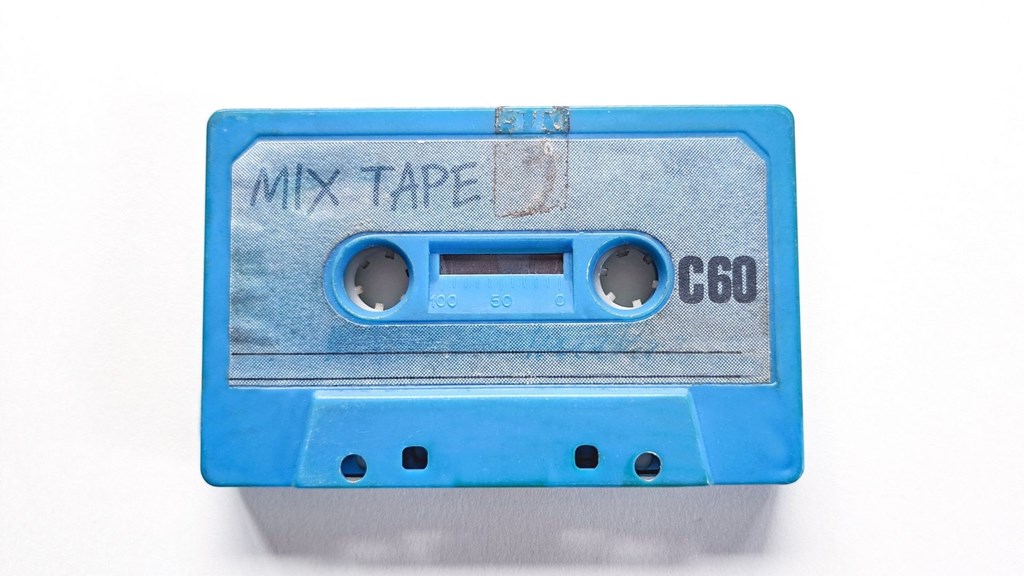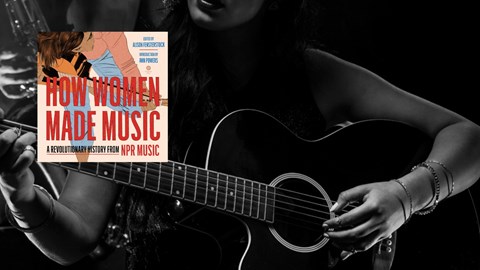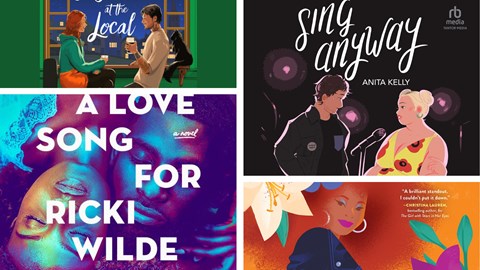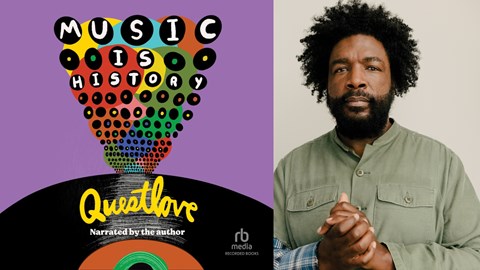For listeners of a certain age, just the word "mixtape" may invoke a certain emotional response.
The structure is simple: a series of songs, related by theme, artist, or feeling, selected and sequenced. A mixtape could be produced by a DJ for an audience, but there's a more intimate version: a cassette tape or compact disc, created by one person for an audience of another person. The goal is something fundamental: The curation of songs conveys an intimate message, a feeling, a vibe.
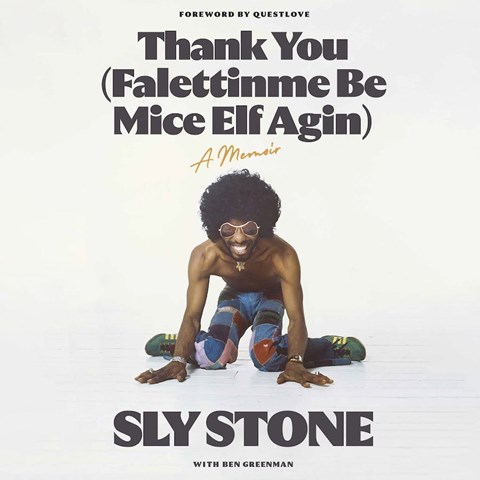
The best audiobooks capture this intimacy well, achieving a musicality that provides an aural centerpiece for the listener. However, when an audiobook specifically references music as part of the narrative, the authors, narrators, and producers are posed with a special kind of challenge.
Typically, popular music cues can't be licensed to be featured in the audiobook soundscape, often for contractual reasons. If song lyrics are a part of the performance, the narrator may be legally prohibited from singing the song.
Exceptions do exist: Sly Stone's recent memoir THANK YOU (FALETTINME BE MICE ELF AGIN), with an Earphones Award-winning performance by Golden Voice Dion Graham, includes original music by the author, a creative way to communicate Sly's current place in the world.
 HOW WOMEN MADE MUSIC, AudioFile’s current Audiobook Club pick, features a creative production technique. Bringing together a series of interviews with women from the NPR archives, the music specific to certain artists can be heard under that artist's voice. When Tracy Chapman talks about how her music reaches listeners, a sample of "Fast Car" can be heard in the background. It's an effective way to enhance the audiobook's impact.
HOW WOMEN MADE MUSIC, AudioFile’s current Audiobook Club pick, features a creative production technique. Bringing together a series of interviews with women from the NPR archives, the music specific to certain artists can be heard under that artist's voice. When Tracy Chapman talks about how her music reaches listeners, a sample of "Fast Car" can be heard in the background. It's an effective way to enhance the audiobook's impact.
Of course, sampling existing songs or creating new ones won't work for most audiobooks, particularly original works of fiction. So the challenge persists: how to capture that mixtape vibe? Some recent audiobooks demonstrate various approaches.
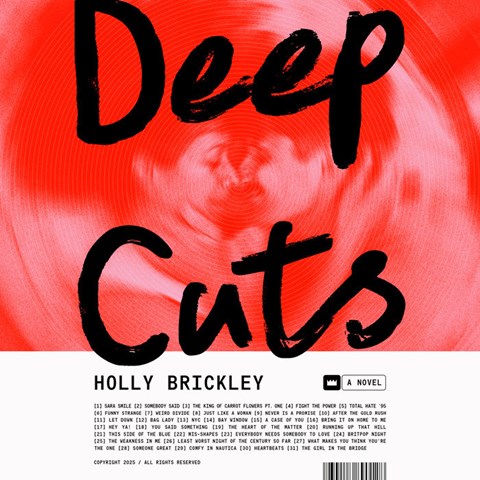 One straightforward approach is demonstrated in DEEP CUTS by Holly Brickley, invitingly read by Jayme Mattler. Brickley references various genres of pop music very directly throughout the audiobook, about young writers and musicians making their way at the turn of the millennium. Deep discussions among the main characters about the quality of Daryl Hall and John Oates's "Sara Smile" or the true meaning of Erykah Badu's "Bag Lady" are important elements of the audiobook experience. Listeners familiar with the music will not require much prompting to "hear" the songs being discussed. Just in case, Brickley has posted playlists on music streaming services. Listeners can follow the tracks she references in order by accessing the official playlists.
One straightforward approach is demonstrated in DEEP CUTS by Holly Brickley, invitingly read by Jayme Mattler. Brickley references various genres of pop music very directly throughout the audiobook, about young writers and musicians making their way at the turn of the millennium. Deep discussions among the main characters about the quality of Daryl Hall and John Oates's "Sara Smile" or the true meaning of Erykah Badu's "Bag Lady" are important elements of the audiobook experience. Listeners familiar with the music will not require much prompting to "hear" the songs being discussed. Just in case, Brickley has posted playlists on music streaming services. Listeners can follow the tracks she references in order by accessing the official playlists.
 In ONLY STARS KNOW THE MEANING OF SPACE: A Literary Mixtape, narrated by Janina Edwards, Aaron Goodson, Dennis Kleinman, and Anthony Oseyemi, Rémy Ngamije structures the chapters like a cassette tape mix or a 45-rpm vinyl collection, with alternating passages labeled "A sides" and "B sides." Set in Namibia, Western Africa, the A-sides play out the story of a young male writer finding his way after publishing early in his career, but perhaps making more time for relationships with women than his writing. The B-Side passages aren't related to the A-side stories but they enhance the themes of love, heartbreak and growth.
In ONLY STARS KNOW THE MEANING OF SPACE: A Literary Mixtape, narrated by Janina Edwards, Aaron Goodson, Dennis Kleinman, and Anthony Oseyemi, Rémy Ngamije structures the chapters like a cassette tape mix or a 45-rpm vinyl collection, with alternating passages labeled "A sides" and "B sides." Set in Namibia, Western Africa, the A-sides play out the story of a young male writer finding his way after publishing early in his career, but perhaps making more time for relationships with women than his writing. The B-Side passages aren't related to the A-side stories but they enhance the themes of love, heartbreak and growth.
Something the best mixtapes do.
Stephen Cummings is an AudioFile reviewer and also contributes to AudioFile's podcast, Behind the Mic


